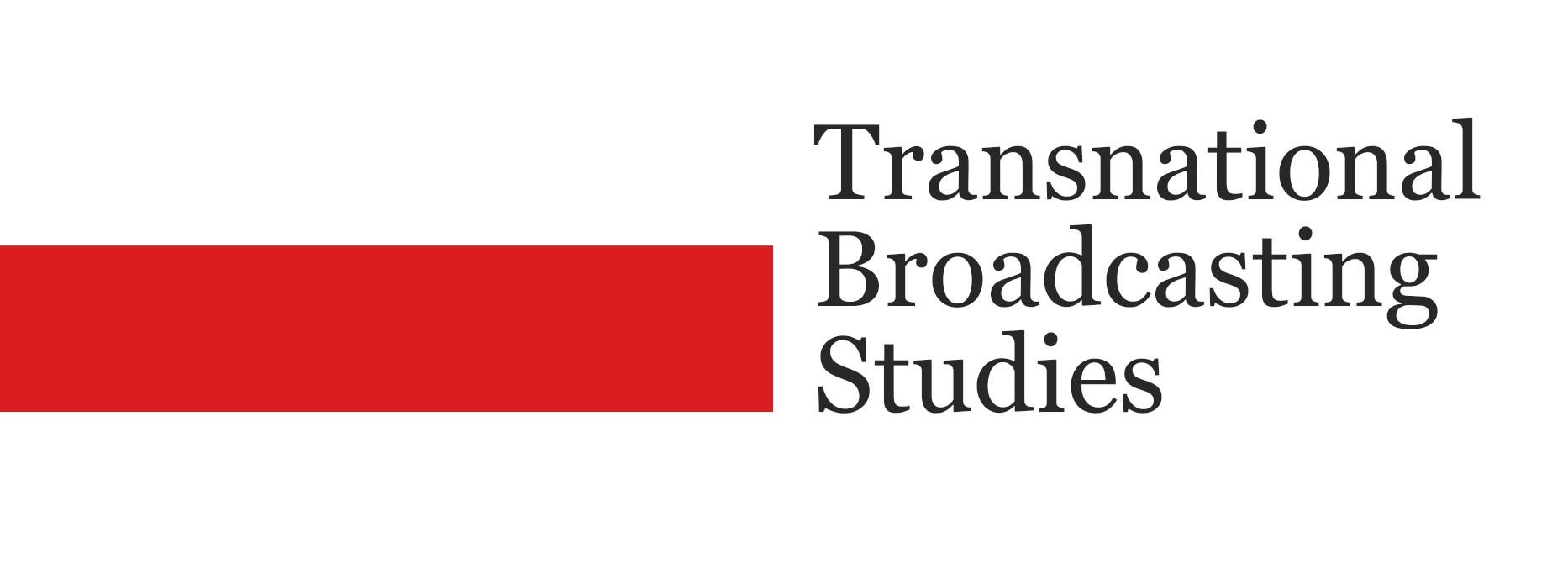Abstract
Direct broadcast by satellite (DBS) to and within the Arab world is regulated in various ways at the national and international levels. Regulatory regimes affecting reception, programming and ownership differ from state to state, while Arab-owned satellite channels operating from outside the region are also subject to the licensing regimes of their host countries. Access to suitable satellites is controlled by a web of international, regional and national bodies and interest groups. Meanwhile, the basis of existing regulation at all these levels is being questioned as policies are measured against the privatization and liberalization requirements that come with involvement in such projects as the Euro-Med partnership or membership in international bodies such as the WTO.
This paper will examine the regulatory environment for Arab satellite broadcasting against the backdrop of shifts between the principles of "prior consent" and "free flow," and in the context of the global rise in transborder flows and contacts, to which satellite broadcasting makes a major contribution. It considers how far governments in the region are able to control DBS inside their borders, assesses how far official policies on this issue are in tune with each other and with the norms and principles of international regimes, and presents conclusions within the framework of the globalization debate.
 Arab Media & Society The Arab Media Hub
Arab Media & Society The Arab Media Hub





